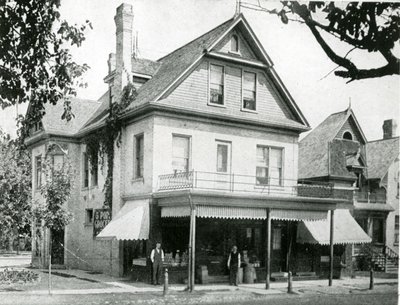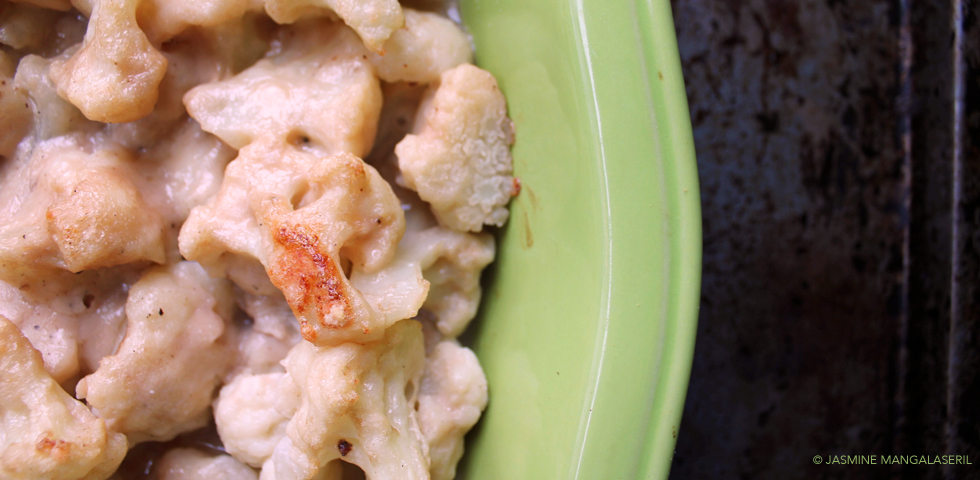
The ladies’ ten-day recruitment campaign ended without either fanfare or an inkling of results–except to say empty bunks meant a last-ditch sign-up campaign had to be launched. Recruitment meetings continued to attract “the usual crowd” of ladies and old tigers; eligible, fit young men were nowhere to be found. Woe betides these slackers, for “they still waller [sic] in their ignorance.”
Perhaps the boys were feeling picked on
The Berlin Daily Telegraph stepped away from honing in on the city’s male goldbrickers and set its sights on the fairer sex. At the end of the day, women had to hold their heads high when the soon-to-arrive door-to-door canvassers ask, “What will you do to help in the defence of your country, in support of the men who are fighting to keep your homes and land from desecration and violation?” Patriotic women sent their sons off to war. True Britishers ensured their children knew how to knit, sew, and “make useful things.” Real women would be able to answer the follow-up question, “What more can you do?”
The other battle
The Daily Telegraph gave “Dame Rumour” columnar inches to report on “the opponents to the patriotic movement” and their manoeuvrings for an injunction to stop the 19 May vote. Regardless of Osgoode Hall’s machinations, both name changers and stay patters geared up their campaigns to sway citizens to cast their ballots correctly, as all patriots who cared about their city’s future should.
As Alderman Gallagher mentioned in an earlier council meeting, the name changers’ arguments moved beyond patriotism and into commercialism. Approximately 50 of Berlin’s manufacturers, including Forsyth Shirt Company, Kaufman Rubber, and Metcalfe Candy Company (later known as Smiles ‘n Chuckles) signed a seven-point declaration supporting the name change. Boiled down, they argued the name “Berlin” was poisonous to sales, did little good for the citizens and workers of the city, and had outlived its usefulness.
Saving their pennies
The thrift campaign asked school children to save their pennies to help win the war. So far, they invested $300,000 ($5.9 million—see note on conversion) in government war loans. Organisers hoped the little ones’ penny-pinching would have an immediate effect, but also carry on after peace was declared. “By helping develop the habits of thrift among the children, who in a few years will have to undertake the responsibility of citizenship, and by training them the exercise of self-denial and foresight, which thrift involves, the public schools can render a national service of great value.”
Pass the popcorn, please.
The new amusement war tax slated for 15 May would tack on 1-10¢ (20¢-$2) to tickets costing $1 or more (approximately $20). Local picture houses announced admissions would jump 50 per cent (from 10¢ to 15¢ ($2 to $3)), and reminded patrtons of the jump in film duties (from 32 to 42.5 per cent). “The Berlin public taste demands the best. In consequence, the local management have to pay high royalties to provide these pictures, and, be it said to their credit that, often knowing they will lose money on certain big features through the high royalties that nevertheless bring them here than to offer a cheaper picture which would tend to reduce the high standard being maintained.” Parents were relieved children’s seat prices would stay as-is.
The wonders of technology
A few weeks ago Berlin’s Board of Health discussed safety issues associated of home dairies (regular citizens who kept cows sold milk to the public), and shopkeepers offered milk from pails. After touring Toronto’s pasteurisation plant, board members called the system “a most elaborate and efficient one,” and its chair determined “the problem of proper pasteurisation has been solved.” Contrary to members’ belief that a municipal plant was the only way to treat milk safely, it soon became evident that all that was needed was a “special thermometer.”
Sticker shock
Shoppers rumbled and grumbled over the dollar’s decreased purchasing power. Last week, Berlin’s bakers raised bread prices and this week, sugar was at the highest point seen in 25 years ($8.26 for 100lbs ($162.53 for 100lbs)). This weekThe Berlin News-Record’s editorial attempted to explain why prices continued to rise and how retailers weren’t pocketing higher profits.
Ships’ cargo areas were pretty much filled with munitions and military necessities, and left little room for householder or manufacturer needs. Adding to pricing and supply pressures were smooth-talking salesmen. They played up potential shortages and coerced buyers to place larger than necessary orders. This deluge made suppliers withdraw price lists, only to charge prevailing prices when they did fill orders. If shoppers wanted to pay lower prices, retailers simply had to cut back to what was needed and survive (essentially live “from hand to mouth”) until manufacturers could secure their raw goods and catch up with the backlog.
Six piggies for the pokey
Galt, Ontario was the centre of shocking goings-on. Provincial Licence Department detectives rounded up six blind piggers (speakeasy operators), for selling liquor in a local option district. If found guilty, they could be fined $300 ($5900). “Many citizens were surprised to learn that there were blind pigs operating in Galt.” Oh, Galt.
Want a bit more information?
- About the Kitchener 1916 Project
- Bank of Canada’s Inflation Calculator was used to calculate modern price equivalents (2016)
The Recipe
This baked cauliflower dish is essentially cauliflower cheese, and is quite straightforward to make. I think (like many vegetable dishes), it’s best not to overboil the florets to a soft mush (although, I wouldn’t be surprised if that’s how they were cooked a century ago). Simply parcook them in salted boiling water and shock them in ice water and then drain very well before folding into the white sauce. Brown the veg as much as you dare. I was more hungry than daring, so instead of a dappled brown crust, mine remained pallid, occasionally dotted with bronze.
Recipe source: German Cookery for the American Home by Ella Oswald. © 1910 p140
1-½ lb cauliflower; 2oz butter; 1 gill cream; ½ teaspoon Liebig’s Meat extract; a tablespoonful flour; a pinch of ground mace
Boil the cauliflower. Heat 1-½ oz butter and 2 tablespoonsful flour to a golden brown, add the cream and a ½ pint of the water in which the cauliflower has been boiled, with half a teaspoonful meat extract dissolved in it. Boil this sauce till thick, then flavour with ground mace. Strain and pour over the cauliflower, which has been place in a deep dish. Melt the remaining ½ oz butter, pour it over, sprinkle with grated Parmesan cheese, and bake in a hot oven, standing the dish in a pan of boiling water.
Blumenkohl gebacken (Baked Cauliflower) (Modern equivalent)
Yield: 4 servings
| 500g | 500g | 1 lb | Cauliflower, cut into florets (1 small head) |
| 55g | 60ml | 4 Tablespoons | Butter (divided) |
| 20g | 30ml | 2 Tablespoons | Flour |
| 100ml | 100ml | 1/3 Cup + 1 Tablespoon | Cream |
| 2.5ml | 2.5ml | ½ Teaspoon | Liquid beef extract (eg; Oxo, Bovril) |
| Pinch | Pinch | Pinch | Mace (see notes) |
| Salt | |||
| Pepper | |||
| Grated Parmesan cheese (about a handful) |
Blanch the cauliflower florets. Drain after shocking in ice water.
Preheat the oven to 220C/425F. Butter a baking dish.
Mix the cream, 200ml of the cauliflower water (or fresh water) with the meat extract. Set aside.
Make a golden brown roux with 40g/ 3 tablespoons butter the flour to a golden brown, whisk in the cream mixture and thicken until it coats the back of a spoon (as when making custard). Add pepper and mace, stir well and balance flavours to taste (remembering that the parmesan will impart salt to the dish).
Fold the florets into the sauce and then tip into the buttered baking dish. Melt the butter and drizzle over top the cauliflower and strew the Parmesan over top.
Bake for 30-35 minutes, or until the top is dappled with brown.
Notes
- I scaled the recipe for the cauliflower I had on hand.
- If you don’t have mace, use about ¼ teaspoon of nutmeg with one ground allspice berry.
- What I’d do differently:
- Cut the cream: Instead of using cream and water, use all milk (300ml) or 150ml each milk and beef or vegetable broth
- Add chopped onions and parsley
- Play with flavours: mustard, garlic, onion, paprika

